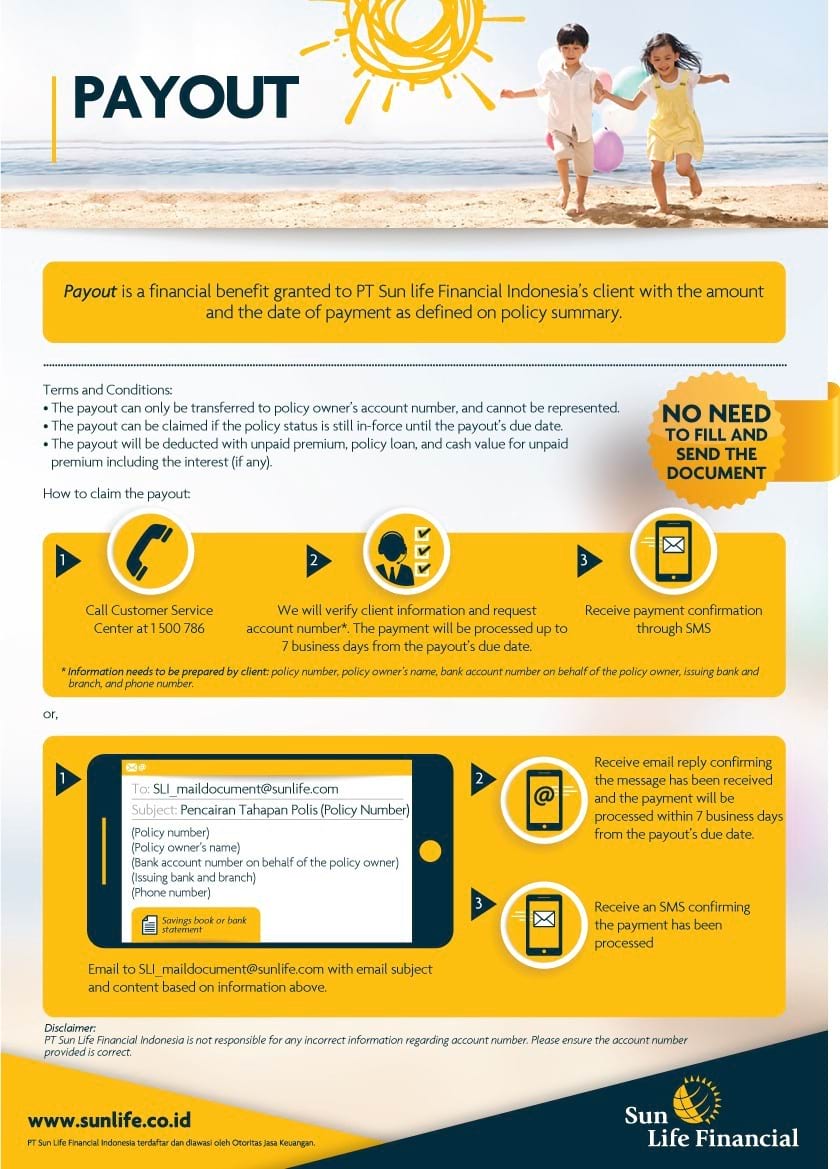Life insurance involves the transfer of risk from an individual to a life insurer, and the pooling of risks over large groups of policies. With participating insurance, a portion of these risks is borne by the Policyholders or shared between the Policyholders and the Insurer. In return, Policyholders may receive Policyholder dividends, changes in the Variable Cash Value (VCV), or bonuses. These dividends, changes in VCV and bonuses are not guaranteed; they can vary from year to year.
Generally speaking, dividends, changes in VCV, and bonuses on these policies reflect the experience, over time, of the class to which they belong. Dividends, changes in VCV, and bonuses will typically vary based on the performance of a number of factors, with the investment return* (including the impact of asset defaults and investment expenses) normally being the main determinant of dividend and bonus performance. Other factors include, but are not limited to, claim experience, taxes, expenses, and persistency experience.
Favourable and unfavourable experiences may be smoothed out over time to provide more stable dividends, changes in VCV, or bonuses payments to Policyholders.
The dividend, changes in VCV and bonus allocation process seeks to achieve reasonable equity among classes of policies and among policies issued at different times, to the extent practicable. Upon declaration of Reversionary Bonus or pay-out of Terminal Bonus or other special bonuses to Policyholders, Sun Life Indonesia will also be entitled to a share of the distribution.
At least annually, the Board of Directors of Sun Life Indonesia determines the amount of dividend, changes in VCV, and bonus to be declared or paid to participating Policyholders. This determination is based on the advice of Sun Life Indonesia's Appointed Actuary, who applies accepted actuarial principles and practices.
*The investment strategy supporting this product is intended to optimize long-term value to the policyholders with a suitable level of risk and to achieve the main objective of delivering a fair chance of meeting the illustrated nonguaranteed benefits in addition to the guaranteed benefits.
For X-Tra Proteksi Optima Legacy and Sun Proteksi Siap, the assets supporting these products are invested in fixed income and non-fixed income assets. The current long-term target allocation of fixed income is ranging from 65%-100% and non-fixed income assets is ranging from 0%-35%.





